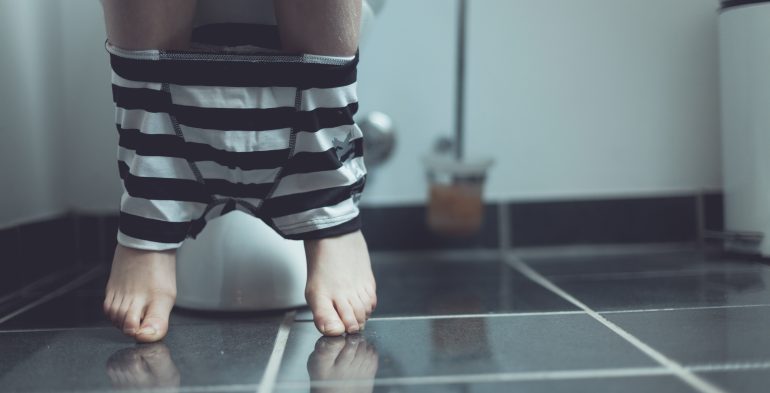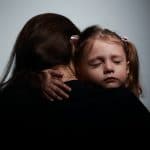
Why it happens and how to help your toddler?!
Diarrhea is characterized by loose watery stools, and can have many causes including:-
Virus, bacteria, parasites, food allergy, too much juice, antibiotics, food intolerance or poisoning.
How can I tell if my toddler has diarrhea?
First consider what’s normal for your child. Some kids have a couple bowel movements a day, while others go several days without one. An occasional loose stool is nothing to worry about, but if your toddler’s bowel movements suddenly change – that is, he poops more often than usual and passes looser, more watery stools – then it’s probably diarrhea.
Although a severe case of diarrhea can seem alarming, rest assured that most cases don’t pose a major health threat as long as your toddler doesn’t get dehydrated. If your child is otherwise healthy and gets plenty of fluids, the diarrhea will probably clear up in a couple of days.
Symptoms
- Bloating in child’s belly
- Cramps
- Thin or loose stools
- Watery stools
- An urgent feeling that you need to have a bowel movement
- Nausea and vomiting
More serious symptoms include:
- Blood or mucus in your stool
- Weight loss
- Fever
How should I treat my child’s diarrhea?
Diarrhea is rarely serious when treated properly, but it can send your toddler to the hospital if they become dehydrated. So your first concern should be making sure they get enough to drink. If your toddler isn’t vomiting, it should be fairly easy to give them extra water.
But if your toddler can’t keep liquids down, or if the diarrhea is severe (a watery bowel movement every two hours or more often), call a doctor, who may suggest a pediatric electrolyte solution. These solutions are available in drugstores and come in flavors that most toddlers will drink readily. Apple juice diluted with a little bit of water is another good option.
Don’t give your child sweetened drinks, like soda (including ginger ale), sports drinks, sugar water, and undiluted fruit juice. Also avoid sweetened gelatin desserts. All these contain sugar that draws water into the intestine and makes the condition worse.
Most doctors advise continuing to feed solid foods to a child with diarrhea. Although there’s nothing wrong with feeding your toddler the classic BRAT diet (bananas, rice, applesauce, and dry toast), the AAP says a normal diet that includes complex carbohydrates (like breads, cereals, and rice), lean meats, yogurt, fruits, and vegetables is safe to eat. A standard, healthful diet may even shorten your child’s bout of diarrhea because regular food restores the essential nutrients needed to fight infection.
If your toddler temporarily refuses to eat, don’t worry. As long as they stay hydrated their appetite should return in a day or two.
Studies have shown that the live bacterial cultures found in yogurt are safe and effective for treating a case of diarrhea. This can be an easy way to treat the problem, especially if your toddler loves the taste of yogurt. Just be sure to buy yogurt that contains lactobacillus, or live cultures.
If your toddler is uncomfortable from having diarrhea, cuddle and comfort them often, and do your best to keep their bottom dry. Be gentle and use plenty of diaper cream when changing, because their bottom may be irritated and sore from the loose stools.
Overall, don’t worry too much in the first day or so. Your toddler may well be very distressed but should be well very soon.
However if the symptoms have lasted more than 24 hours or they display any of the more severe symptoms you must call a doctor.









